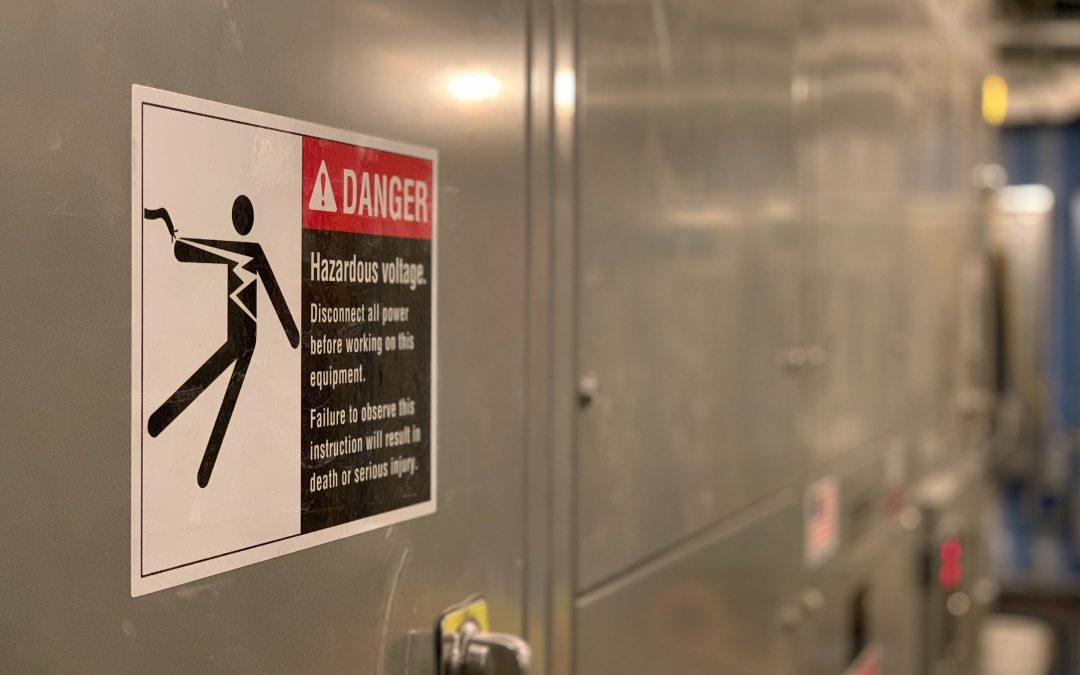World Day for Safety and Health at Work has been observed for almost two decades, but never has it been more prescient than over the last couple of years. The pandemic has transformed the way we see work and life more broadly. Many have been fortunate enough to work from home through much of pandemic. However, frontline workers have been essential in keeping the world turning.
As we emerge from the pandemic, we shouldn’t forget the risk and stress that frontline staff faced, particularly as much of the workforce returning to the office will do so with trepidation.
During the pandemic, male security officers were most at risk from Covid. A complex web of interactions resulted in these frontline workers suffering the highest mortality rate of all occupations. And yet, officers continued to provide safety and security for those needing to go into the office. Security agencies have had to learn and act quickly to care for their staff. From effective training and continuous reminders to take all precautions to implementing touch-free technologies and temperature measures, agencies have expanded their security expertise to manage personal health. Health and safety have traditionally been seen as slightly separate things, but the pandemic has demonstrated how interlinked they are and how one must influence the other.
The pandemic has led workplace managers to look at things in a new light. Technology, for instance, is rapidly becoming vital as a means of making offices and workplaces accessible in a safe way. From touch-free access to workstation booking systems, tech is a means of proactively managing safety risks. However, the pandemic has also reminded us how vital personal interaction really is.
Face-to-face still matters
After a year of working remotely, isolated in bedrooms and home offices, and talking only via video calls, the importance of in-person communication has never been more evident. However, even as the pandemic passes, spending time in shared and crowded spaces comes with a risk. There is a chance that the pandemic will never disappear completely but will instead become endemic within the population. This sits alongside the threat of more pandemics in the future. We might never return to the way things were. However, this isn’t the end of busy, collaborative workplaces. Instead, it is a trigger to create spaces that are better managed and curated. Technology will be vital, but the user experience will be defined by front of house (FoH) staff.
Frontline staff will create a safe, frictionless return to the workplace. They will be responsible for guiding teams through new safety measures and reassuring them of the safety precautions in place. As new technologies are implemented, FoH teams will introduce them to building users and help them adapt to the accelerated rate of change. Indeed, it is the personal touch that will be most important in drawing staff back to the workplace when remote working is an easy alternative.
The pandemic has raised the profile of FoH staff just as it has made us hyper-aware of hygiene. As the risk passes, we must not return to the way things were. Rather, the lessons learned from the pandemic must be brought forward. Technology can be used to streamline processes and keep us safe, but the personal touch will define our experience of shared spaces.

